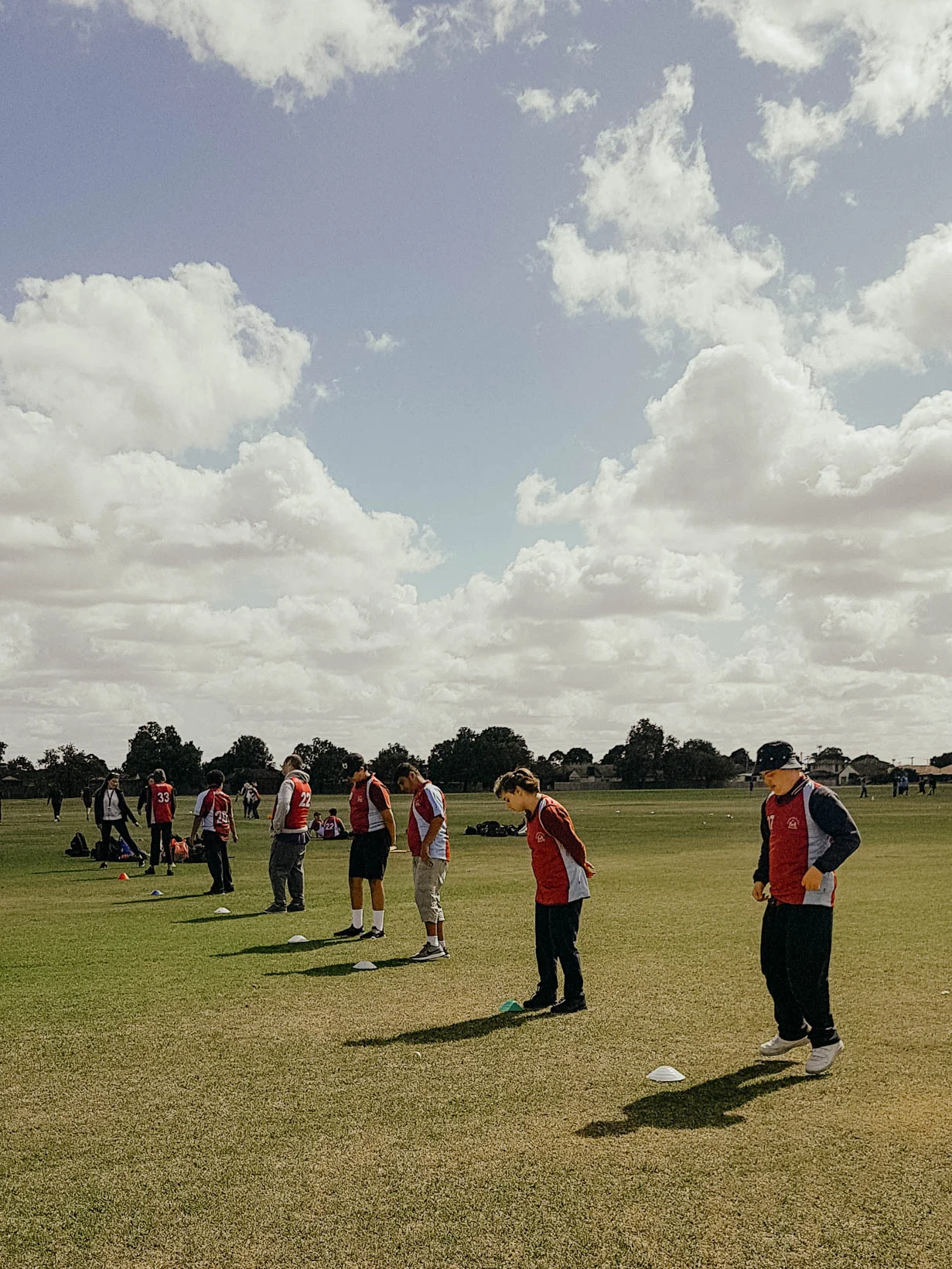Physical Education
The Physical Education program at BSDS supports students to move in as many ways as possible.
By participating in a range of games, physical activities, and sports, students develop their confidence and ability to perform a range of different movements and skills, which in turn improves their strength, endurance, and coordination.
Students are supported to learn how to participate in games alongside their peers, learning about teamwork, fair play, and following the rules of a game. The PE specialists at BSDS collaborate with Occupational Therapists, Speech Pathologists, and Physiotherapists, to ensure that activities are functional, provide students with a better understanding of how their bodies move, and are catered to the individual needs of students.
Some of the special PE programs running at BSDS include:
Perceptual Motor Program (PMP)
PMP is a station based program aimed to teach Early Years students about waiting and turn taking whilst developing fundamental movement skills like
catching, throwing, jumping, rolling, skipping, crawling, balancing and climbing.
Specialised Coaching
This program brings in specialised coaches from different sporting organisations to teach students about a range of different sports. Coaches teach sport specific skills as students participate in games. This program provides students with the opportunity to practise cooperation skills with their peers in a fun and exciting sporting environment.




